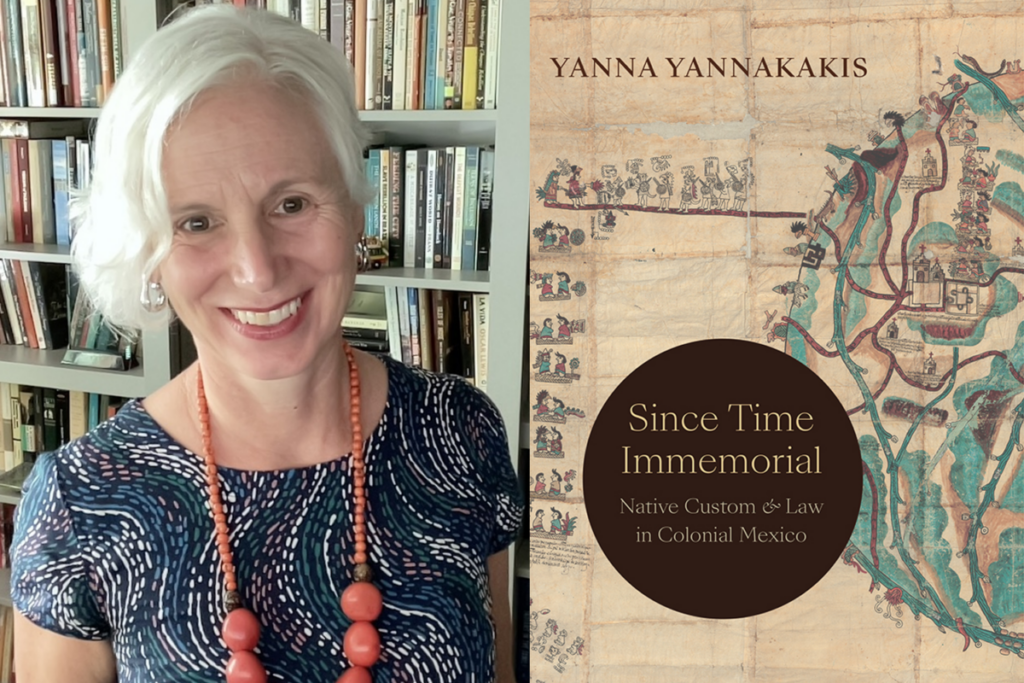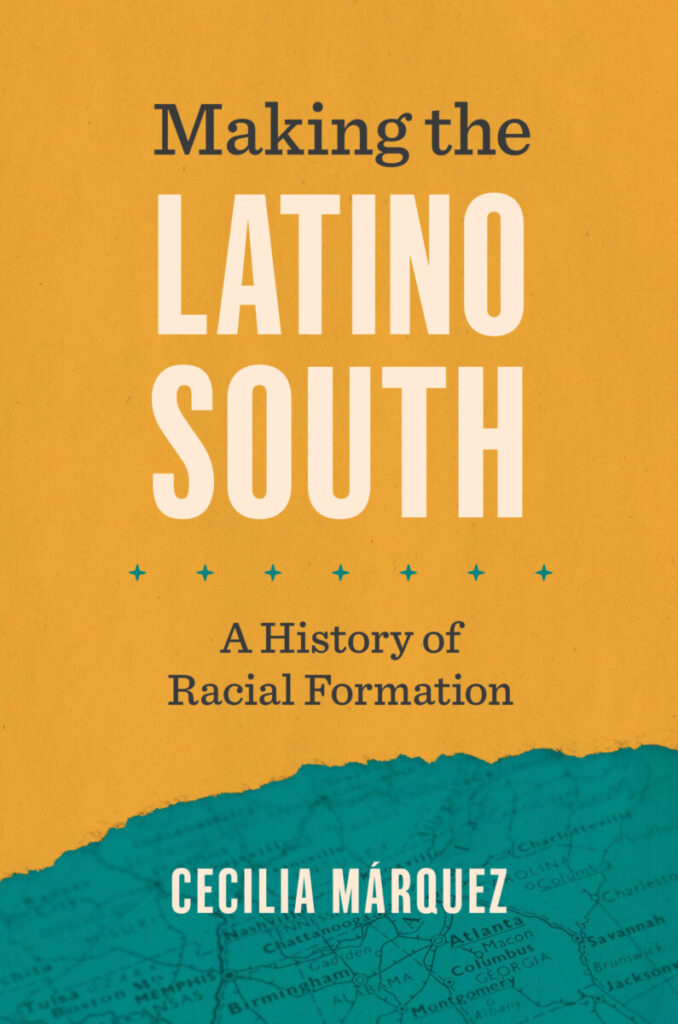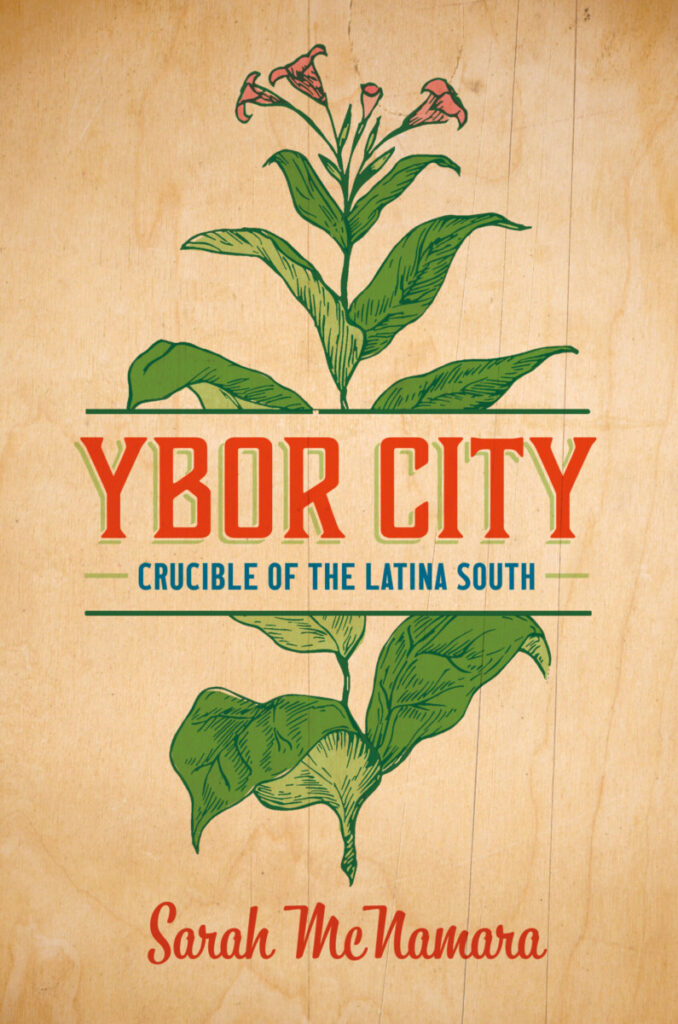
Dr. Joseph Crespino was recently quoted in the Voice of America article, “At 100, former President Jimmy Carter’s legacy reevaluated,” which reappraises Carter’s presidency following his 100th birthday in early October 2024. An expert in the political and cultural history of the twentieth-century United States, Crespino is among multiple historians who contest conventional narratives of Carter’s presidential administration – as opposed to his much-celebrated post-presidency – as an unequivocal failure. Crespino developed this analysis, in part, through conversations with the former president, who would regularly visit campus to engage with students in Crepino’s courses in Bowden Hall.
Crespino is Senior Associate Dean of Faculty and Divisional Dean of Humanities and Social Sciences and the inaugural Jimmy Carter Professor of History. Read an excerpt of the VOA piece below along with the full article.
“Putting human rights front and center in American foreign policy — no president had done that in the way that Jimmy Carter had,” Crespino told VOA during a recent interview at his office on campus at Emory University. “It was important in shifting the balance of power in the Cold War, but it was also an important moment in the aftermath of the Vietnam War to reassert once again America’s moral responsibilities in the world.”







